On our farm, I choose to use a variety of methods to control pests. Today I am going to focus on weed pests. In my pasture, driveway, and barnyard I use herbicides. I’ll tell you a little bit about why I choose to use them in certain areas and give you some information on how to use them safely, and how dangerous they are.
Before we even dive in, I want one message to be really clear: everyone’s farm requires different management practices AND those practices are most likely going to change over time.
There is no one “right” or “wrong” way to manage certain aspects of your farm. Please don’t fall into that naive way of thinking just because you’re passionate about a certain management method that works best for your farm. Not only is it obnoxious, but it’s also completely ridiculous.
Why do I use herbicides?
Right now on our farm, I use herbicides because there is an overwhelming amount of weeds. When I purchased this property, it had not been managed at all for at least 4 years, and not managed well for almost a decade before that. There were at least 15 different weed species spread throughout our 5 acres and probably more.
The most effective way to nip this problem in the bud was to use an herbicide that would kill the most weeds possible while leaving the grass, so that is what I did. From there, I moved to less-specific herbicide and spot-treated problem areas, sacrificing some of the grass along the way.
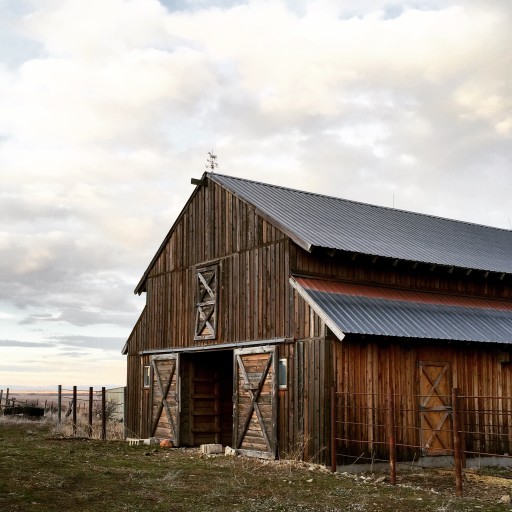
What herbicides do I use?
I used pretty common herbicides you can pick up at your local farm store. To treat the majority of our weeds, I used a broad-leaf herbicide called 2-4D. This herbicide allows you to spray something like a pasture and not kill the grass, only the broad-leaf weeds.
It isn’t effective on some weeds, so I moved on to RoundUp from there. I spot treated problem areas, like the driveway and barnyard with the RoundUp because the puncture vine was so bad you would literally have to scrape them off the entire surface of your boots after walking anywhere on our property.
Each herbicide you buy will have specific instructions on the label for application rates that are related to what you’re spraying, as well as application guidelines. It is the law to follow these label instructions.
The 2-4D I purchased is only allowed to be sprayed every 30 days, twice a year. I typically only do one application. Since I used RoundUp as a spot treatment, the application rules are more relaxed and I usually end up spot treating about three times a year.
How many different kinds of herbicides are there?
There are so many types of herbicides. They all have different specialties and are made for different uses. I was contacted by our county extension office this spring because I have a noxious weed (a non-native and invasive plant) on our property that they wanted to come to spray.
If you have questions about what herbicide to use on your specific farm, don’t hesitate to contact your county extension office. They not only have all the information you will need, they often can loan or rent you the equipment AND herbicide you’ll need. This is really handy because both of those things can be pricy, and you may not even need very much.
Do you use only herbicides for weed control?
Nope. I have a few different methods for weed control. Right now our main method is herbicides, but I am gradually gaining the upper hand with our weeds so I’m sure our methods will change in the future. I also mow everywhere on our property where there is grass – this favors the grass and is hard on the weeds. Weeds don’t tolerate being cut down on a regular basis very well.
If you don’t have an overwhelming amount of weeds, this could be a good method to try. Just be sure that if you’re making hay with weedy grass you sell it as such and know the weeds present in it. No one wants bad grass hay when they weren’t planning on it (but some people will purposely purchase it from you for things like feeder hay).
Additionally, I spray minimally in garden areas. I spot treat in-ground areas with Glyphosate and then pull weeds in the boxes. I also use deep mulch cover in areas that are prone to weeds where I don’t have boxes. When the garden is planted, I only spot treat weeds outside the boxes.
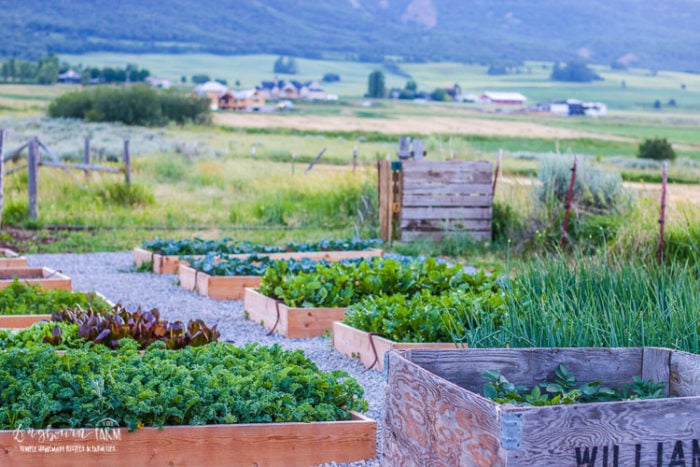
How poisonous are herbicides?
Great question. The answer, like everything else in life, is this: the dose makes the poison. This is why following the application rates and guidelines is important. This principle has been explained very well in these two articles:
- Glyphosate as a Carcinogen by Michelle Miller (this article explains what being listed as a 2A carcinogen means and provides an interesting discussion on following the money for the natural and organic markets).
- The Dose Makes the Poison by Cami Ryan (this article has a super handy chart that compares common household things like coffee and baking soda to things we are concerned about being carcinogens, like glyphosate, which is RoundUp).
- This is a review article on the EPA’s declaration that Glyphosate poses no human health risk.
Please take the time to read through these so you can have a better understanding of herbicides and how they would be able to have an effect on your health.
Precautions to Take when Using Herbicides
Overall, when I spray, I take precautions.
- I wear coveralls, gloves, put all the animals and kids in a house or barn.
- I do it on a day that isn’t windy.
- Everything I use gets washed thoroughly.
- I am especially careful to wash hose nozzles really well and dilute areas where I washed and rinsed.
- All feeders and waterers are put in the barn.
The individual herbicides have times listed on them for how long you will need to keep animals off the areas where you sprayed (this is true of fertilizer as well). Reading and following the label on herbicides isn’t only important, it’s the law.
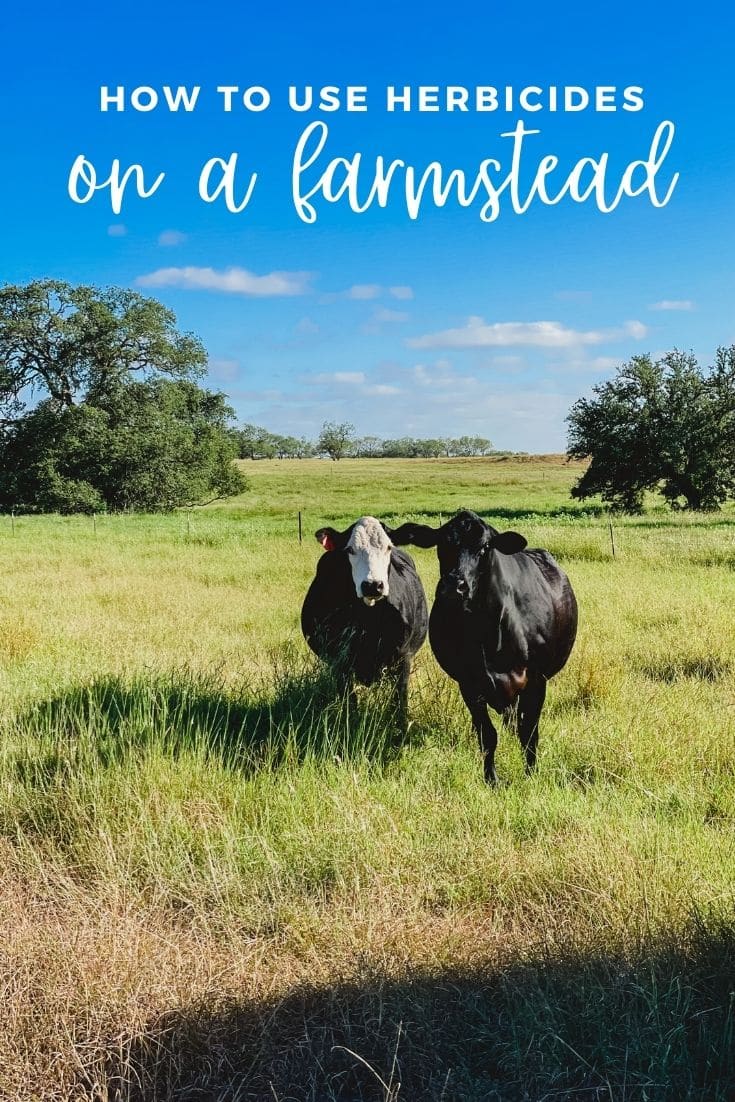
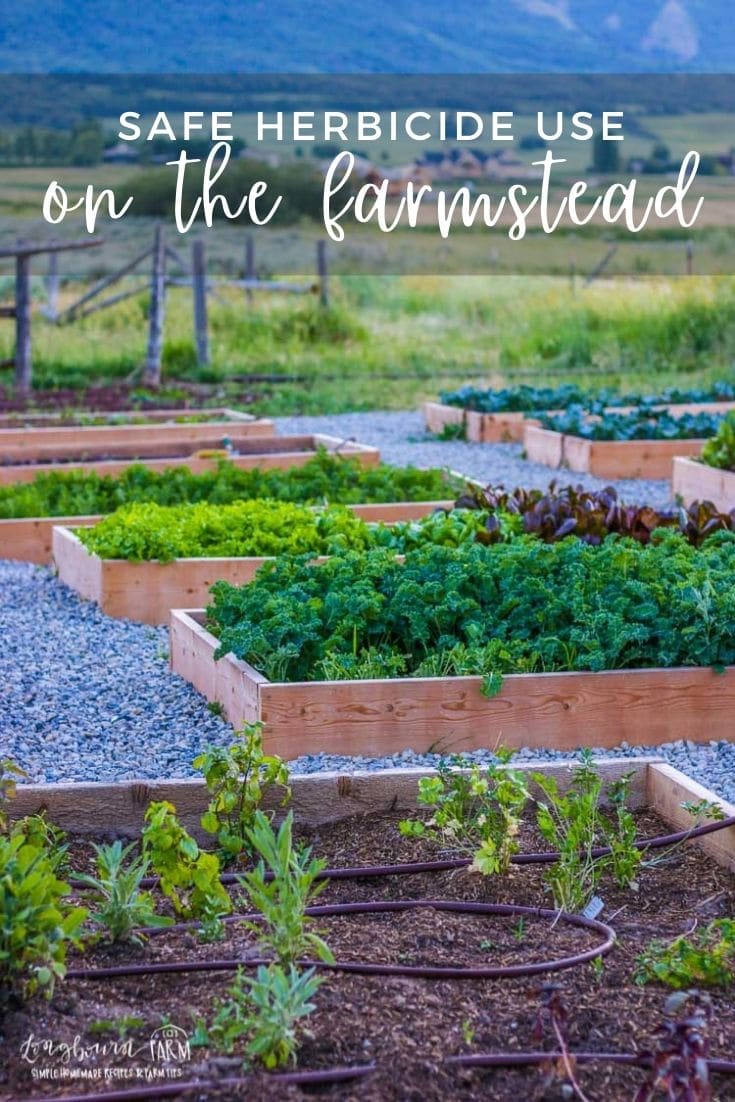
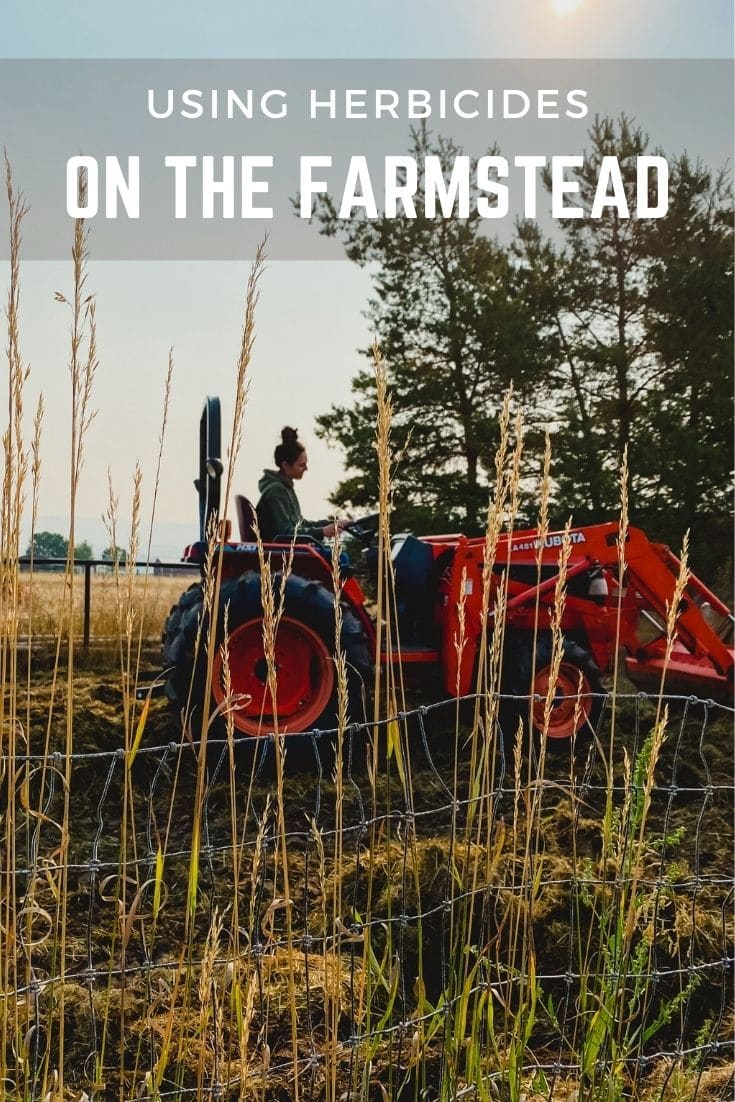
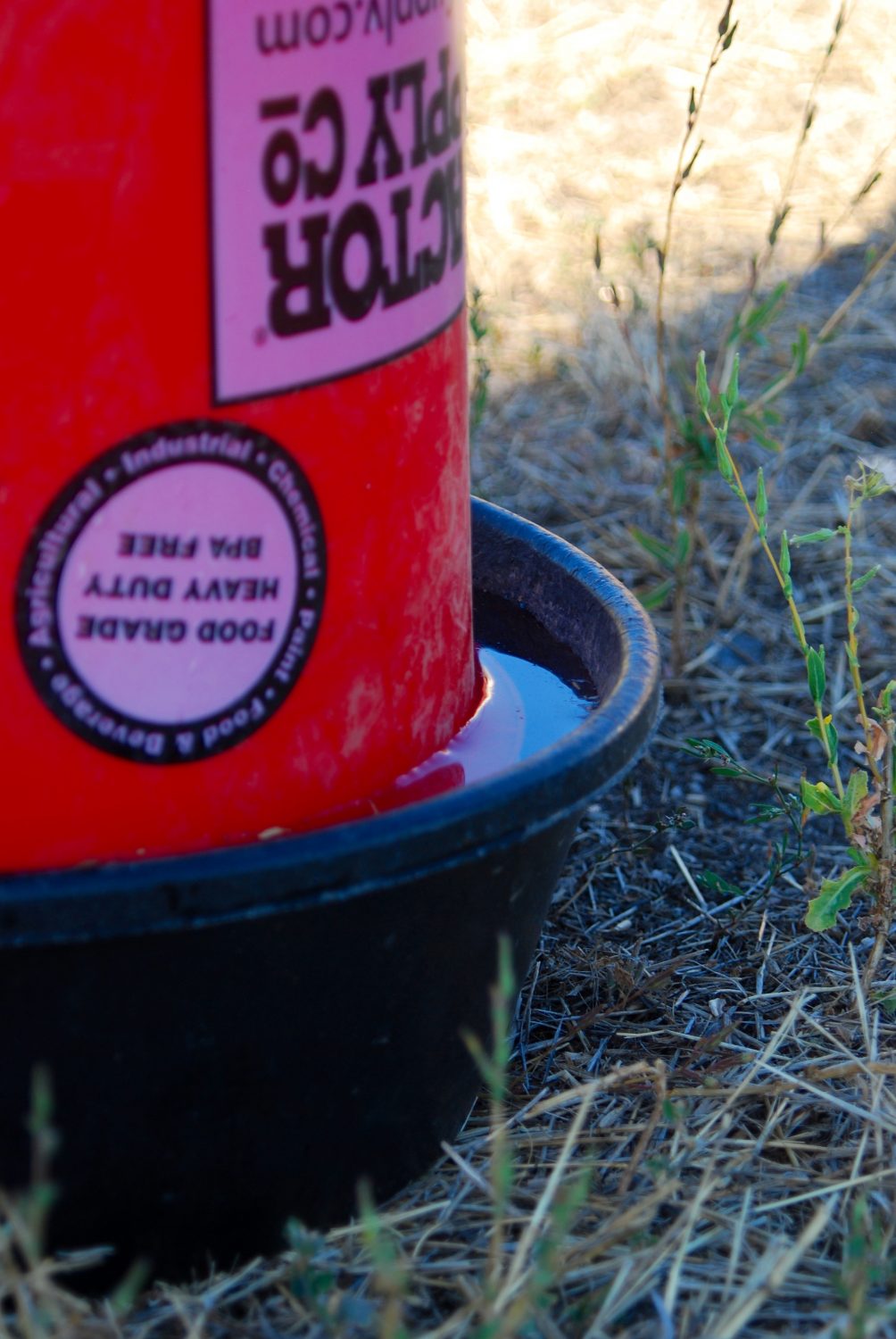
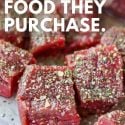
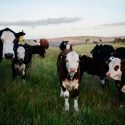


Leave a Reply